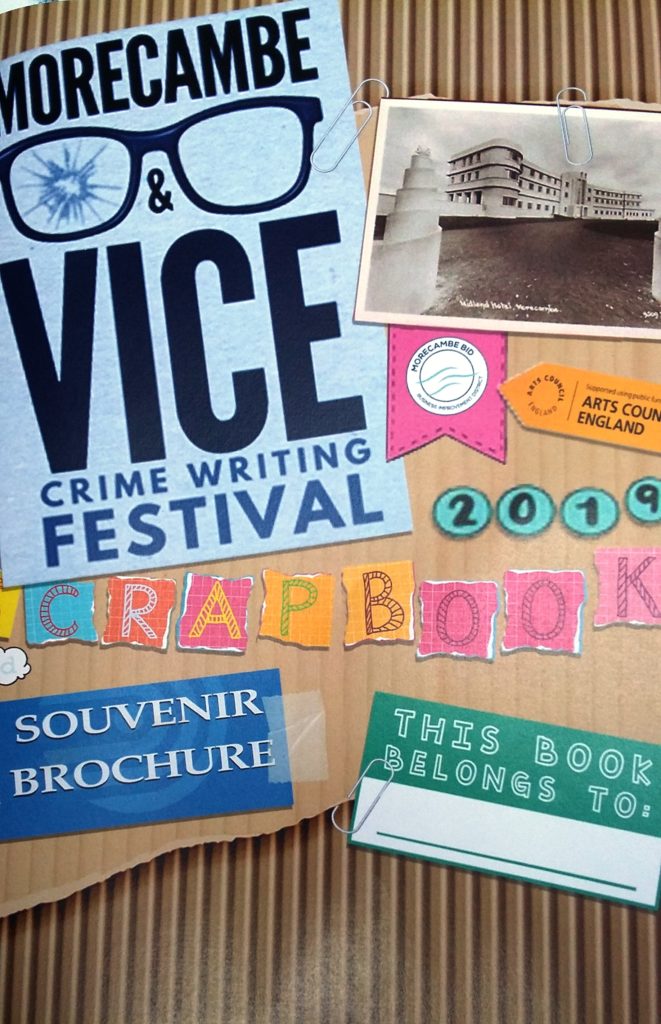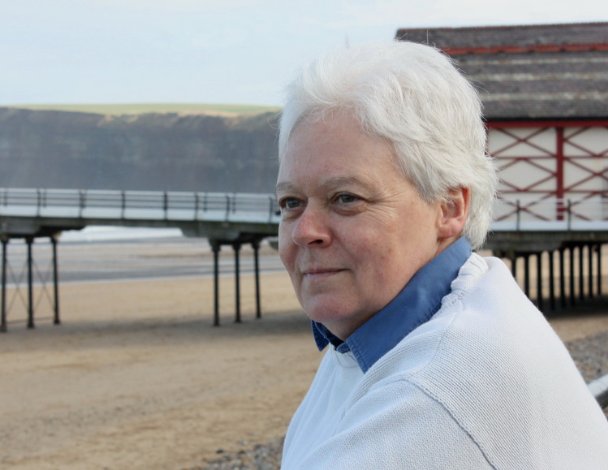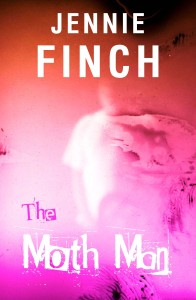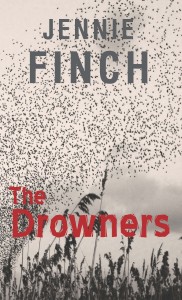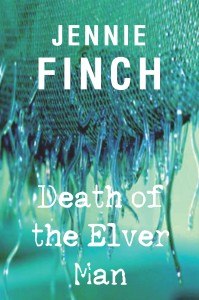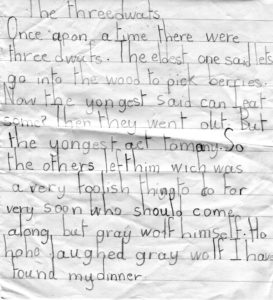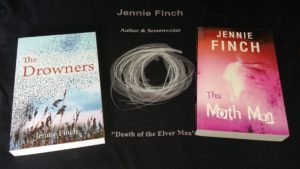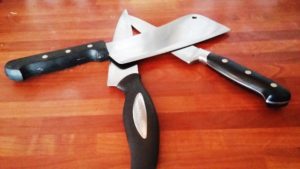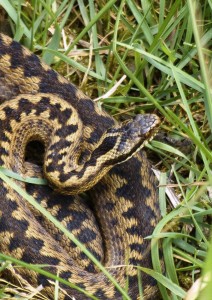I’ve never been invited to a crime writing festival as a panellist before – or any writing festival – and so when I received an invitation to this year’s “Morecambe and Vice” I was pleased, flattered and – let’s be honest here – a little apprehensive. I’ve been to conferences before in a professional capacity and found them hard work – very clannish with little cliques gathering in the corners dying to demonstrate their superior knowledge and experience. My overall experience has been one of loneliness and being rather out of my depth. But I need not have worried. “Bring me Sunshine!” was the overarching theme of this year’s M&V and it did just that.
The organisers pride themselves on being open, welcoming, inclusive and quirky and they certainly delivered this year. Morecambe has had a bit of a bleak time recently with a lot of bad press and they wanted to show the town in a more positive light. Holding the event at the stunning Midland Hotel was a good start. Built in the 1930s in a style known as “Streamline Moderne”, it may be familiar to you from several episodes of the TV drama “Poirot”. The inside, I can assure you, is as palatial as the beautiful exterior and for a past student of modern architecture it was a delight.
Somehow Tom and Ben, the organisers, had tracked down three dyslexic crime writers – myself, Fleur Hitchcock and Jane Elson and we appeared on stage together to talk about how the hell you can be a successful writer if you are dyslexic. We all had different strategies and strengths and it was a wonderful experience to talk about this and share our stories to such a welcoming and receptive crowd. I know I picked up some tips and I hope others did too. We were aided by the skillful guiding hand of Ashley Dyer who kept us moving and the discussion open with her questions and comments. The hour flew past, so much so Ben had to come in and stop us so the next panel could get ready!
From the fascinating Polari Salon on Friday evening to the amazing Professor Dame Sue Black’s closing keynote talk there was something for everyone. The whole atmosphere was relaxed and friendly with performers, writers and audiences mingling throughout the weekend. Sunshine? Not much outside apart from a few hours on Saturday when we dashed out to look around and take the obligatory “selfie” with Eric Morecambe’s statue but inside it was bright, warm and welcoming. Yes – well done and thank you Morecambe and Vice. You did “Bring me Sunshine” in abundance.
I can’t wait to see what they have planned for next year!
